Ryugu: The Target Of Japan's Hayabusa2 Mission

Introduction
Welcome to Asteroid Realm, where we explore the fascinating world of asteroids. In this article, we delve into the captivating story of Ryugu, the target of Japan's Hayabusa2 mission. Join us as we uncover the mysteries of this celestial object and learn about its significance in the realm of asteroids.
The Discovery of Ryugu
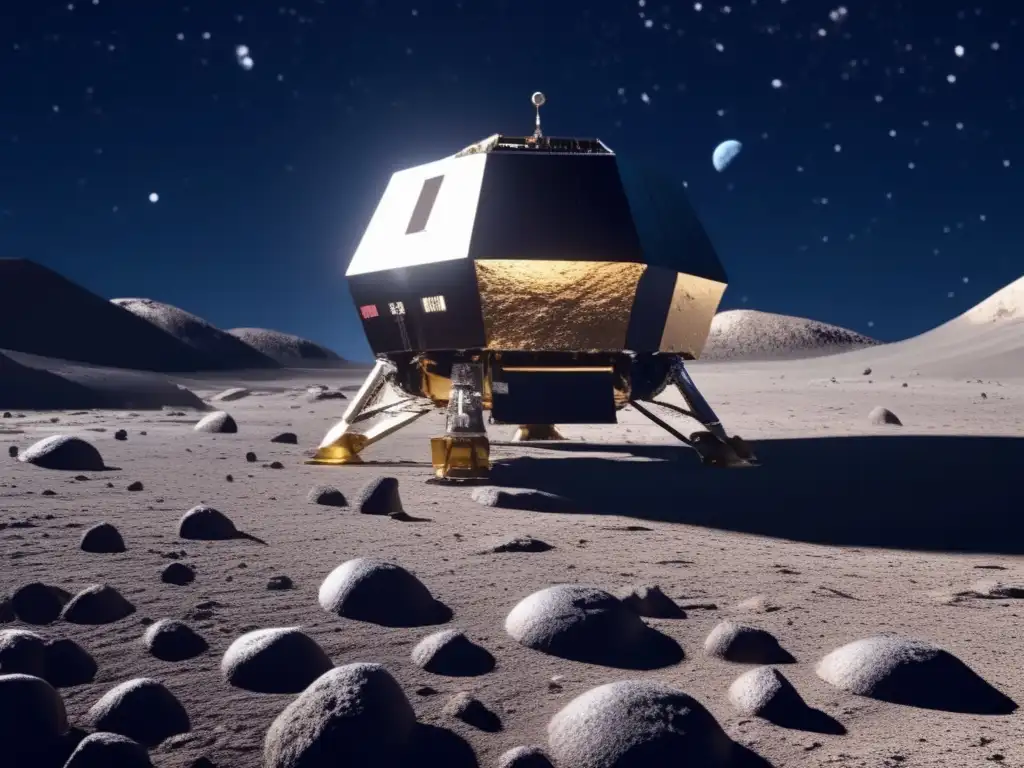
The Origins of the Name
Ryugu is an asteroid that was discovered by astronomers from the Lincoln Near-Earth Asteroid Research (LINEAR) project in 1999. Its name comes from Japanese mythology, where Ryugu is a palace beneath the sea inhabited by the Dragon King. The name was chosen to honor the Japanese roots of the mission.
Physical Characteristics
Ryugu belongs to the Apollo group of asteroids. It has an irregular shape and measures approximately one kilometer in diameter. The surface of Ryugu is known for its rocky terrain and numerous boulders, giving it a rugged appearance. The asteroid's rotation period is about 7.6 hours.
Composition
Studies have revealed that Ryugu is a C-type asteroid, which means it is rich in carbonaceous compounds. These compounds are believed to contain organic materials and water, providing valuable insights into the origins of life on Earth. The Hayabusa2 mission aims to collect samples from Ryugu to study these significant components further.
The Hayabusa2 Mission: Exploring Ryugu
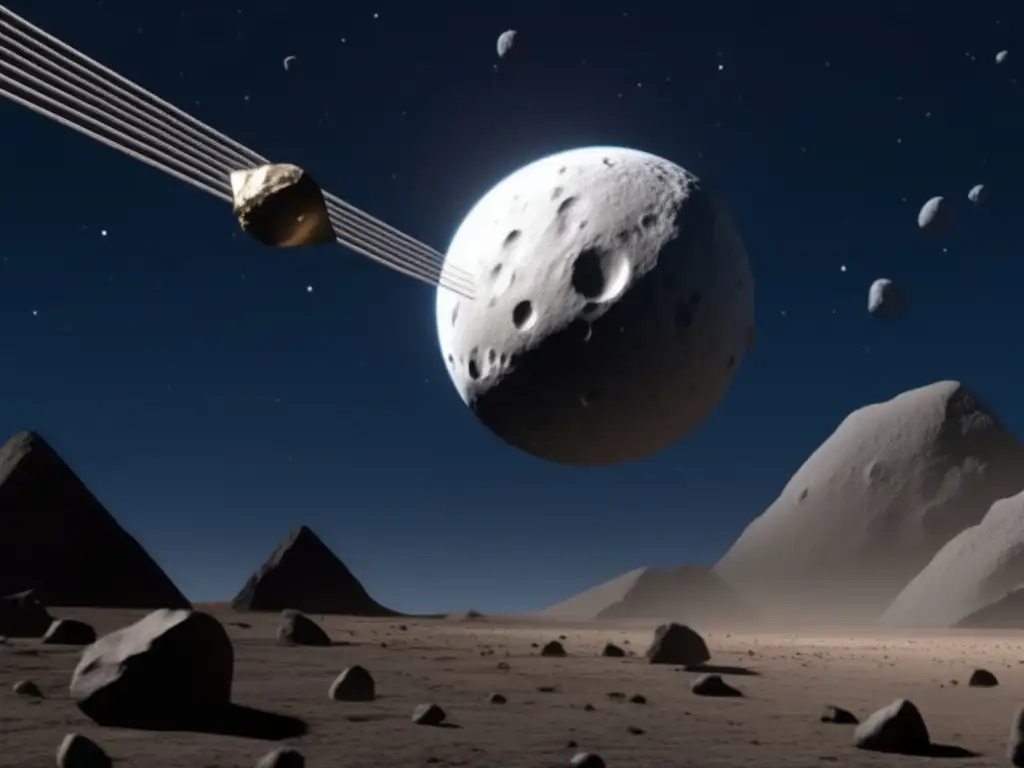
Mission Objectives
The Hayabusa2 mission, launched by the Japan Aerospace Exploration Agency (JAXA) in December 2014, had specific objectives related to Ryugu. The primary goals were to study the asteroid's composition, shape, rotation, and thermal properties, as well as collect samples for return to Earth. By studying Ryugu, scientists hope to gain a deeper understanding of the early solar system and the origins of life.
Approach and Arrival
After a journey of over three years, Hayabusa2 reached Ryugu in June 2018. The spacecraft successfully entered orbit around the asteroid and began its mission of detailed exploration. Through a series of close approaches and observations, Hayabusa2 captured high-resolution images of Ryugu's surface and mapped its topography.
Sample Collection
In February 2019, Hayabusa2 made history by successfully touching down on Ryugu's surface to collect samples. The spacecraft used a small sampler horn to fire a projectile into the asteroid, capturing material ejected from the impact site. It was an intricate operation that required precise planning and execution. Hayabusa2 is scheduled to return to Earth with the samples in December 2020.
Ryugu's Significance in Asteroid Research
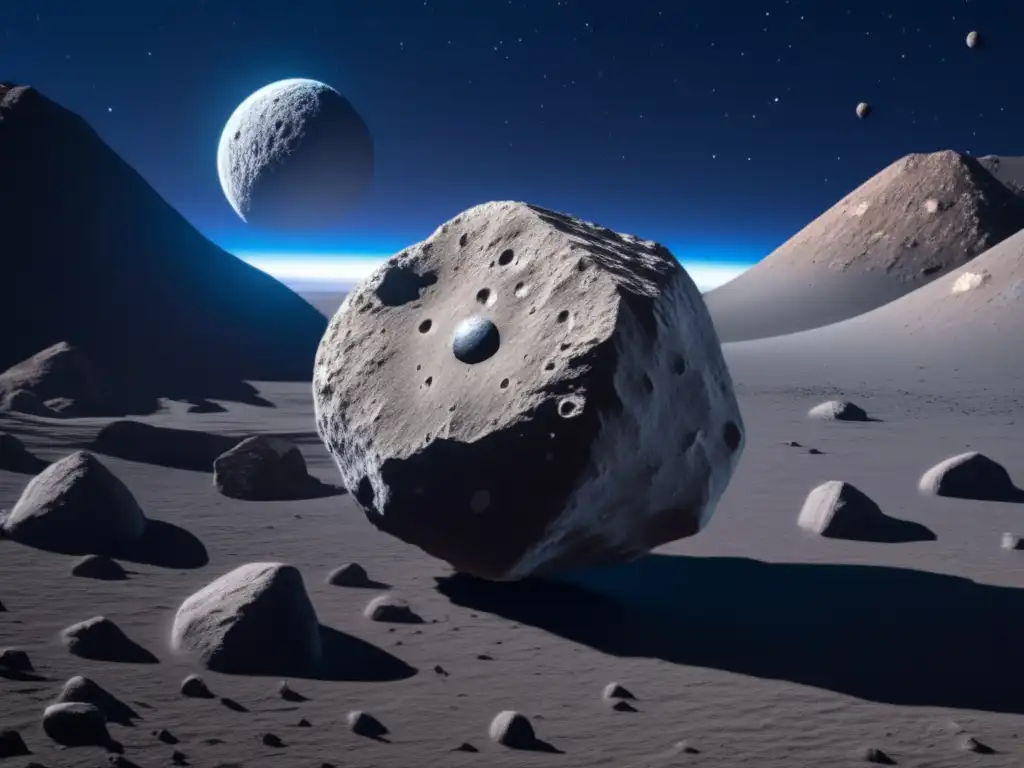
Insights into Solar System Formation
Ryugu, being a primitive carbonaceous asteroid, provides valuable information about the early solar system. Its composition and structure can shed light on the processes involved in planet formation and the delivery of water and organic materials to Earth. By studying Ryugu, scientists hope to unlock the secrets of our celestial neighborhood.
Potential Resource Opportunities
Asteroids like Ryugu are potential sources of valuable resources such as metals, water, and rare elements. By examining the composition of Ryugu's surface and subsurface, scientists can gain insights into the availability and accessibility of these resources. This knowledge may pave the way for future asteroid mining endeavors.
Implications for Planetary Defense
Understanding the physical characteristics and dynamics of asteroids like Ryugu is crucial for planetary defense efforts. By studying their orbits and potential impact scenarios, scientists can develop strategies to mitigate the risk of a catastrophic asteroid collision with Earth. Knowledge gained from Ryugu contributes to advancing our capabilities in safeguarding our planet.
Frequently Asked Questions
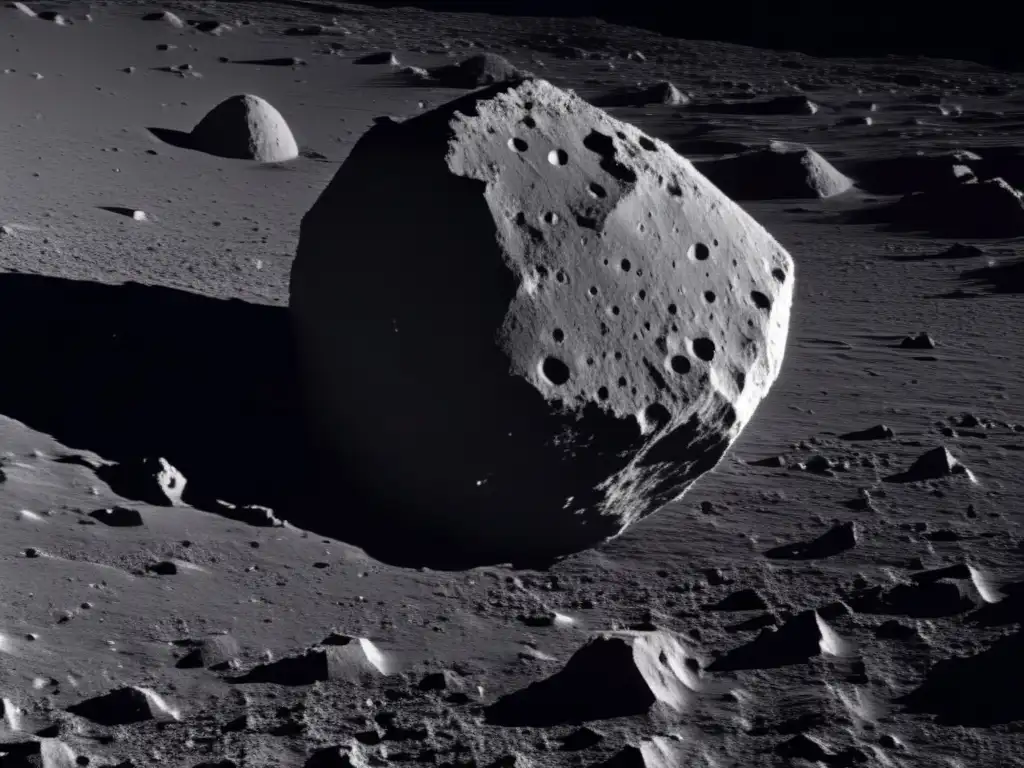
-
What is the significance of Ryugu's irregular shape?
Ryugu's irregular shape provides valuable insights into its formation and evolution. It suggests that the asteroid has undergone substantial changes due to impacts and other geological processes over millions of years.
-
Why is studying carbonaceous asteroids like Ryugu important?
Carbonaceous asteroids contain organic materials and water, which are fundamental building blocks for life. By studying these asteroids, we can understand the origins of life on Earth and potentially discover clues about life elsewhere in the universe.
-
How will the Hayabusa2 samples be analyzed?
Upon its return to Earth in December 2020, the Hayabusa2 capsule will undergo rigorous analysis in specialized laboratories. Scientists will use various techniques such as spectroscopy and microscopy to study the samples and unlock their secrets.
-
Are there any other missions planned to study asteroids similar to Ryugu?
Yes, several upcoming missions, including NASA's OSIRIS-REx and ESA's Hera, are set to explore and study other asteroids. These missions will provide additional data and expand our knowledge of these intriguing celestial bodies.
-
How can I stay updated on the latest asteroid research?
For the latest news on asteroid research and space exploration, be sure to visit www.asteroidrealm.com regularly. You can also subscribe to our newsletter to receive updates directly in your inbox.
Conclusion
Ryugu, the target of Japan's Hayabusa2 mission, holds immense importance in the realm of asteroids. Through the mission's scientific endeavors, we have gained valuable insights into the composition, origin, and potential resource opportunities associated with this captivating celestial object. Ryugu serves as a stepping stone in our understanding of the early solar system and our place within it. As we eagerly await the return of the Hayabusa2 samples, let us continue to explore and appreciate the wonders of the asteroid realm.
We encourage you to share your thoughts and interact with www.asteroidrealm.com. Subscribe to our newsletter, share this article on social networks, and join the discussion in the comments section below. Thank you for joining us on this journey through the fascinating world of asteroids!
Additional Resources
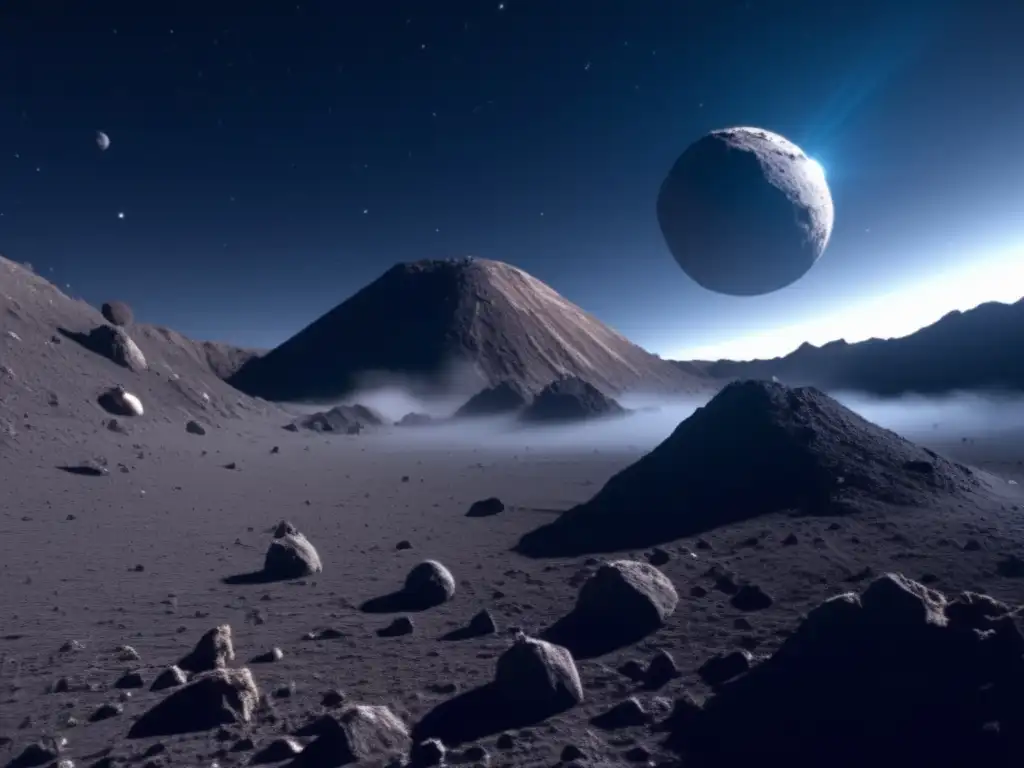
For further reading on asteroids and related topics, check out the following resources:
 Steins: A Diamond In The Sky
Steins: A Diamond In The Sky Lutetia: A Remnant From The Birth Of Earth
Lutetia: A Remnant From The Birth Of Earth A Detailed Look At Interstellar Visitor 'Oumuamua
A Detailed Look At Interstellar Visitor 'OumuamuaIf you want to discover more articles similar to Ryugu: The Target Of Japan's Hayabusa2 Mission, you can visit the Asteroid Profiles category.
Leave a Reply

Articulos relacionados: